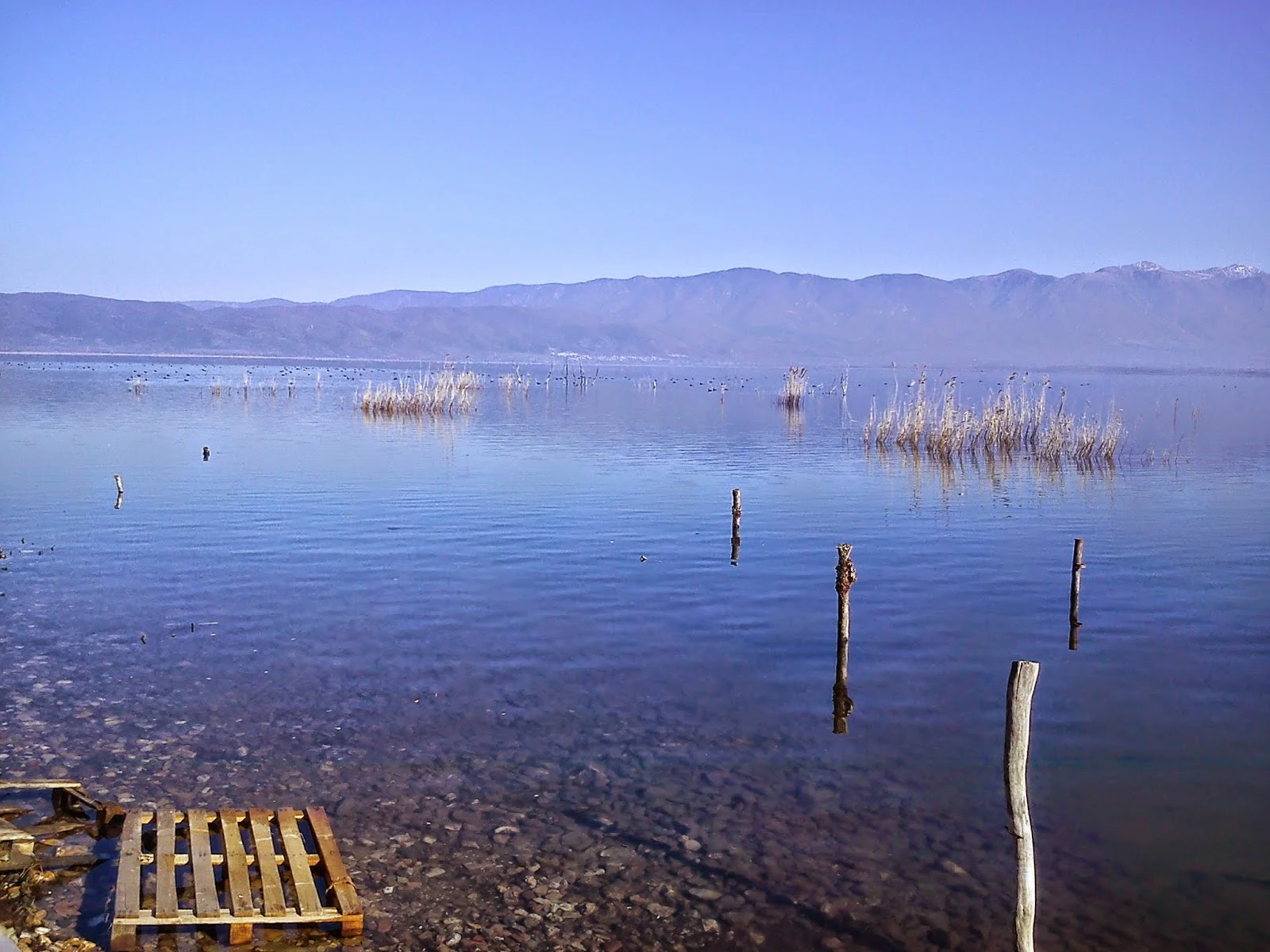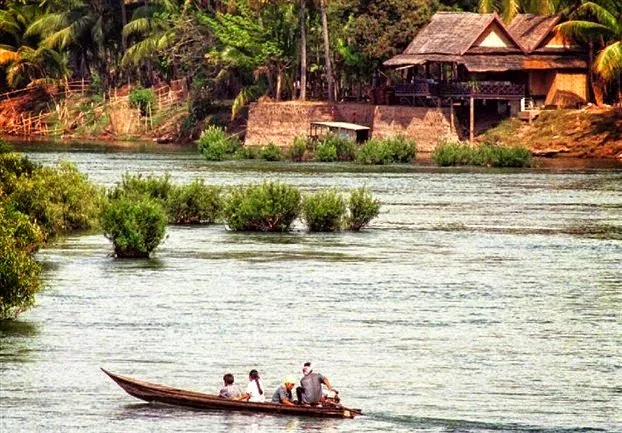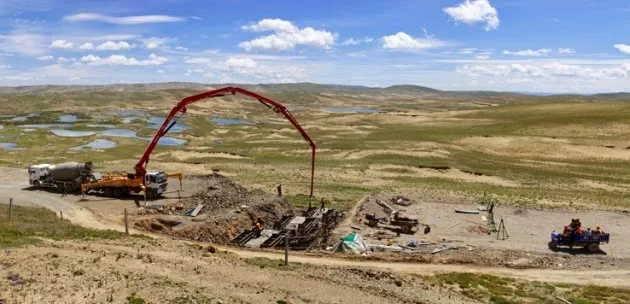Los ambientalistas advierten de que la creciente popularidad del turismo polar podría amenazar seriamente al ecosistema de la región: los visitantes traen bacterias patógenas, que pondrían en peligro la salud de los pingüinos de la Antártida.
Los científicos advierten que los turistas en la región polar, sin saberlo, pueden desempeñar un papel fatal en el futuro del ecosistema de la región. Junto con los visitantes, en el continente entran bacterias y virus contra los que la fauna local no tiene inmunidad, informa 'New Scientist'.
"El efecto de la creciente industria del turismo polar, así como de la presencia de los investigadores, no puede pasar desapercibida", afirma Ray Grimaldi, un investigador de la Universidad de Otago (Nueva Zelanda). Uno de los ejemplos sería la gripe aviar, que causó una epidemia y la muerte masiva en las colonias de pingüinos papúa en el 2006 y 2008.
En el verano del 2014 en la colonia de pingüinos de la costa del golfo de la Esperanza también se registró un brote de una enfermedad desconocida. A causa de esta, los pingüinos perdían las plumas y morían rápidamente.
actualidad.rt.com/ciencias
21/12/14
--
-
Los científicos advierten que los turistas en la región polar, sin saberlo, pueden desempeñar un papel fatal en el futuro del ecosistema de la región. Junto con los visitantes, en el continente entran bacterias y virus contra los que la fauna local no tiene inmunidad, informa 'New Scientist'.
"El efecto de la creciente industria del turismo polar, así como de la presencia de los investigadores, no puede pasar desapercibida", afirma Ray Grimaldi, un investigador de la Universidad de Otago (Nueva Zelanda). Uno de los ejemplos sería la gripe aviar, que causó una epidemia y la muerte masiva en las colonias de pingüinos papúa en el 2006 y 2008.
En el verano del 2014 en la colonia de pingüinos de la costa del golfo de la Esperanza también se registró un brote de una enfermedad desconocida. A causa de esta, los pingüinos perdían las plumas y morían rápidamente.
actualidad.rt.com/ciencias
21/12/14
--
-















 GR
GR FR
FR DE
DE ES
ES IT
IT RU
RU EU
EU